For subscribers only
Subscribe now to read this post and also gain access to Jom’s full library of content.
Subscribe now Already have a paid account? Sign in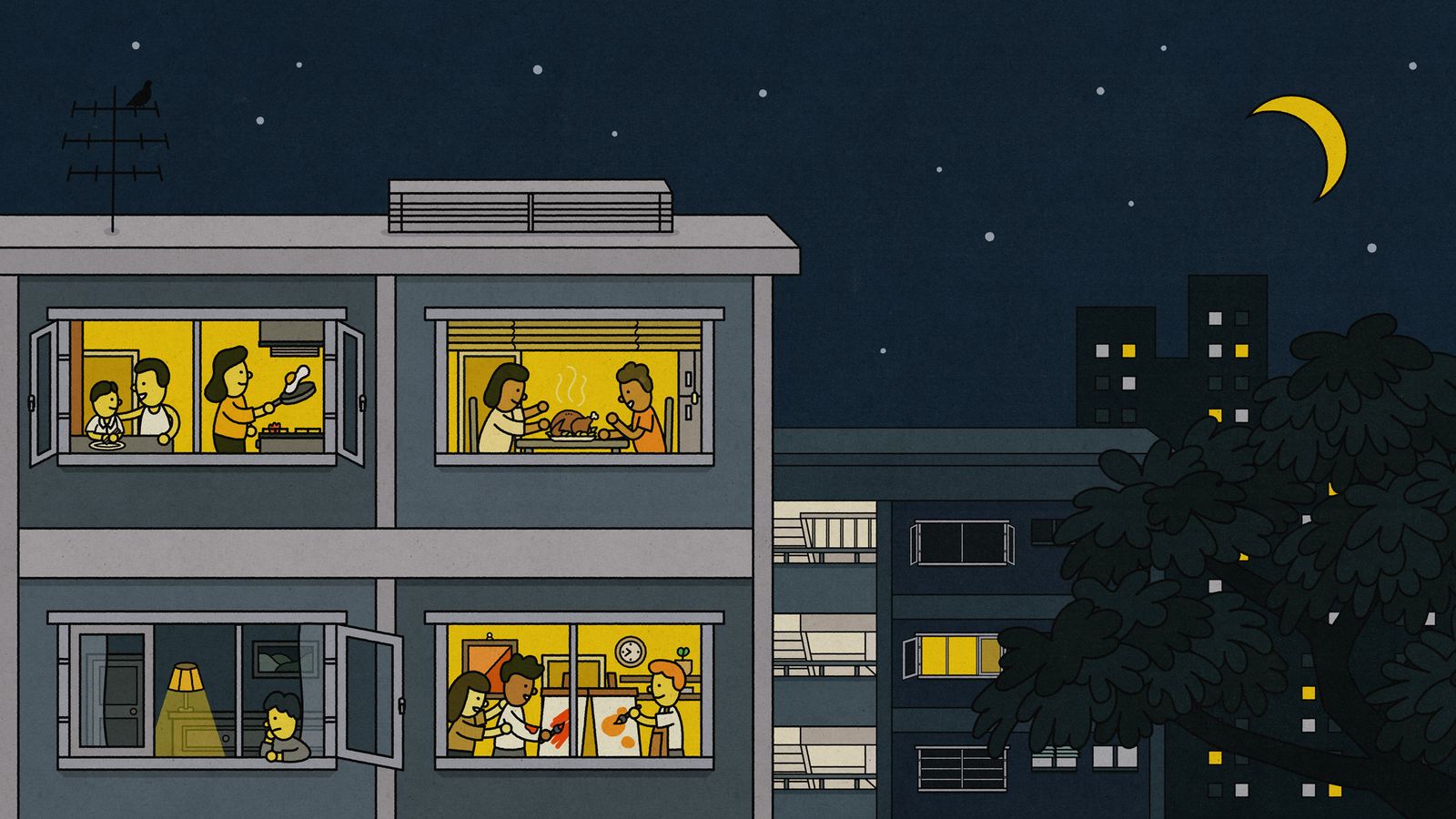
A growing number of young, single Singaporeans are moving out in search of freedom and independence. For many the benefits of renting outweigh that of home ownership, especially as property prices keep rising. What does this mean for the nation's approach to housing?
Subscribe now to read this post and also gain access to Jom’s full library of content.
Subscribe now Already have a paid account? Sign in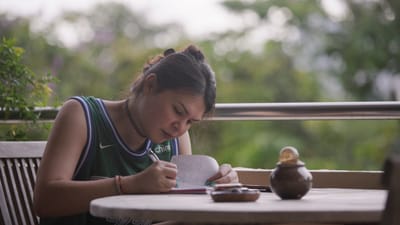
A 17-minute documentary that follows Julianna Maria Hedger, 34, a transwoman, as she navigates her transitioning and gender reassignment journey with the support of her loving family, culminating in a shared liberation and euphoria.
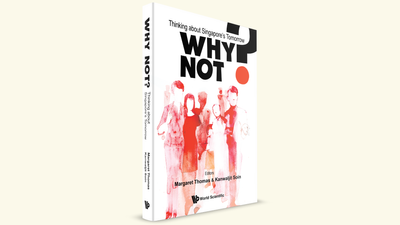
In this excerpt from her chapter in Why Not? Thinking about Singapore's tomorrow, sociologist Teo You Yenn discusses the conditions that will enable people to exercise choice, autonomy, and ethical agency as they live the lives they want.

A subtle meditation on the passage of time, through the lives of a Malaysian Chinese family and the evolution of two of the world's fossil fuel capitals: Singapore and Houston.
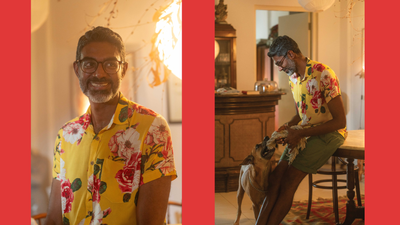
After six years at the helm, is The Projector's general manager any closer to defining what exactly it is?
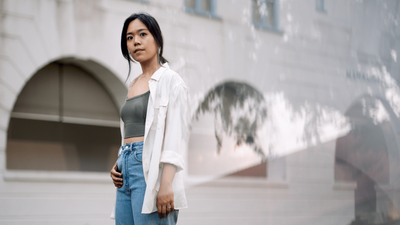
For a Singaporean PhD candidate in New York City, literature is the source of her imagination, activism, and power.
Please click on the link sent to your e-mail to login to your account.